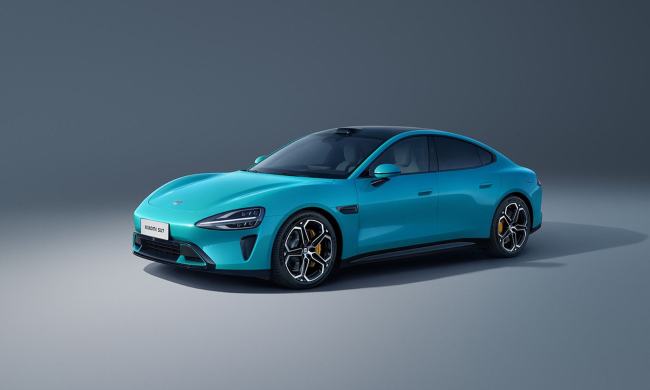Tesla engineers are working on a new, bigger battery pack that will put an end to range anxiety once and for all. The company hasn’t announced concrete plans to give its cars a generous bump in range, but an eagle-eyed hacker named Jason Hughes shed light on what’s secretly in the works by exploring recently-released firmware.
Spent a little time RE'ing some recent Tesla BMS firmware.
Some variables were tweaked to fit 108 cell groups (~450V pack).
There is a packID that starts life set to ~109 kWh usable (400+ miles).
Bunch of other tweaks suggest prep for new S/X/3 pack configs at some point. 🔋
— Jason Hughes (@wk057) February 19, 2020
Posting on his Twitter account, Hughes explained he uncovered evidence pointing to the release of a lithium-ion battery pack with a usable capacity of about 109 kilowatt-hours. To add context, the biggest unit Tesla currently produces has a 100-kilowatt-hour capacity, and it gives the Model S up to 390 miles of range thanks to a recent over-the-air software update. The Model X can drive for up to 351 miles when equipped with this same battery.
The jump from 100 to 109 kilowatt-hours isn’t huge, but it’s enough to give the Model S over 400 miles of driving range in real-world conditions, a figure that would cement its status as the electric car segment‘s range champion. Company co-founder and CEO Elon Musk recently announced the 400-mile threshold was within reach, and he’s keeping his promise quicker than expected. The Model X is bigger, heavier, and less aerodynamic so pushing it over the 400-mile barrier will be more difficult, but an estimate in the vicinity of 375 miles isn’t unrealistic.
The Model S and the Model X recently received 17 and 23 miles of extra driving range, respectively, via the aforementioned software update, but Tesla can’t send out a new battery pack wirelessly. The change will be implemented on the assembly line, so motorists who want to benefit from the extra range will need to buy a new car. And, while nothing is official, we don’t expect the Model 3 and the Model Y will receive the 109-kilowatt-hour pack because they’re too small to sit on top of such a big battery. The S and the X will inaugurate it.
Tesla’s firmware seemingly contains a wealth of information, but there’s no word yet on how much the bigger pack will cost, when it will be available, and how long it will take to charge. The California-based company will likely announce its newest technology in the coming months to keep its recent winning streak going.


